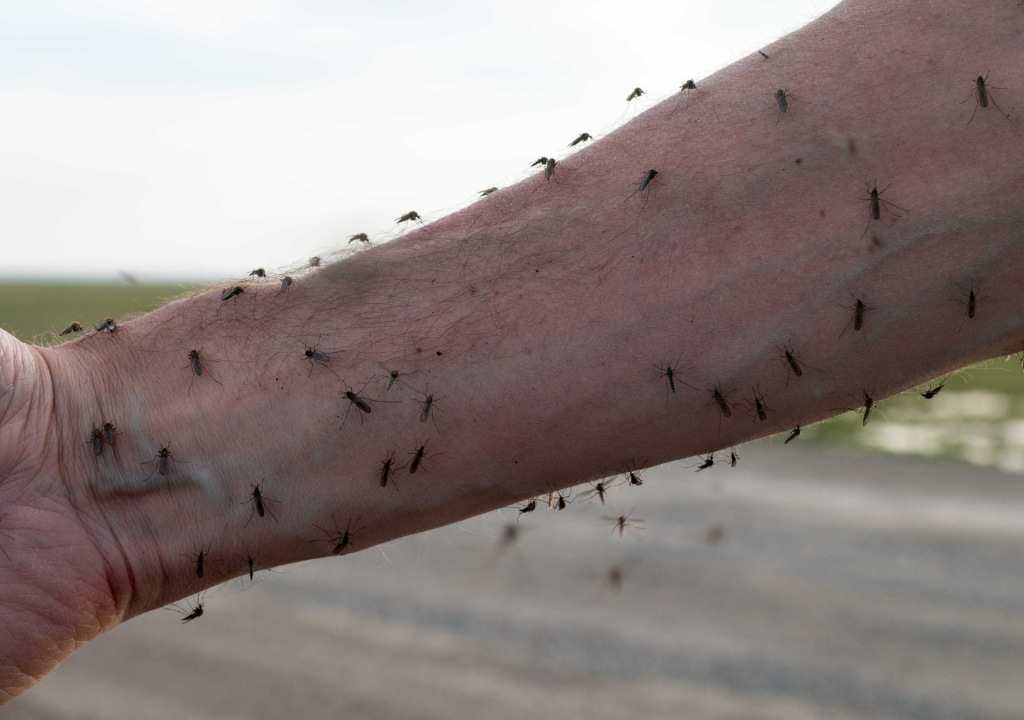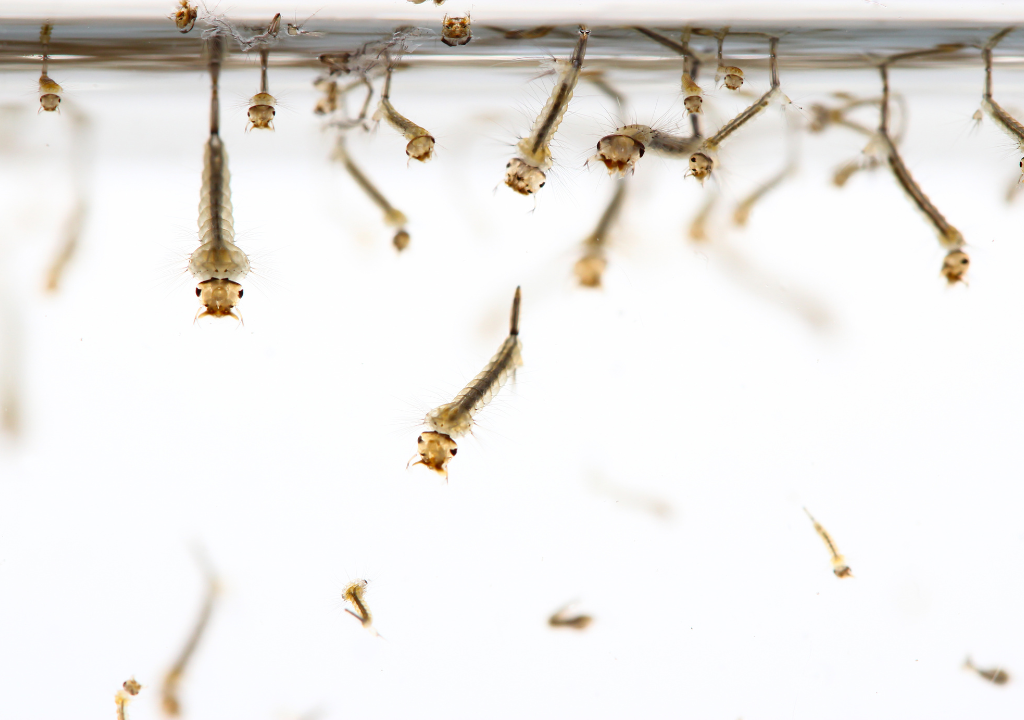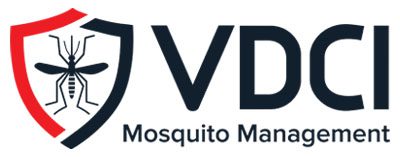What You Need to Know About Mosquitoes After a Storm
Storms and hurricanes leave a trail of destruction in their wake, and communities look to government leaders to guide them through the recovery process. Unfortunately, many leaders overlook the impact of mosquitoes during this critical period. In order to enhance preparedness and ensure the safety of their citizens, it is crucial for government leaders to be aware of three key facts about mosquitoes. By understanding these facts, leaders can be better equipped to protect citizens and ensure a swift and efficient recovery process.
There Will Be a Lot of Mosquitoes
Following a storm, exponential mosquito population growth can be expected. It’s not uncommon for the air to become so thick with mosquitoes that it is nearly impossible for recovery workers, medical teams, and volunteers to stay outside, slowing the restoration of power lines, roads, and infrastructure. Dense swarms can also create added stress for people displaced from their homes or living in temporary tents or shelters. Multiple genera may be present, including Aedes and Culex mosquitoes.

Mosquitoes Can Hatch in Several Ways
Mosquitoes reproduce in warm, wet habitats. Storms and hurricanes can create these ideal environmental conditions across entire regions. Floodwater mosquitoes such as Aedes aegypti, Aedes albopictus, and Aedes vexans lay their eggs in the soil prior to a storm. Standing water mosquitoes such as Culex pipiens and Culex tarsalis lay their eggs directly on the surface of water that has pooled in ditches, trash, debris, and outdoor objects like tarps, buckets, flower pots, and playground equipment.

The Threat of Disease is Not Imminent….But
While the threat of disease transmission may not be imminent, mosquitoes can significantly impede recovery efforts. And if management strategies are not implemented swiftly, it is possible for mosquitoes to begin spreading diseases in the weeks to months following the storm. Standing water Culex species, in particular, are a primary vector for West Nile virus (WNv) and Encephalitis. Floodwater Aedes aegypti and Aedes albopictus are known to spread Dengue, and Aedes vexans can transmit heartworm to pets.

Managing the Threat
It’s easy to get caught up dealing with the most urgent safety and recovery needs following a storm, but the threat of mosquitoes must not be overlooked. Despite the unpredictable nature of natural disasters, government leaders have the ability to control mosquito surges through proactive planning.
Through an Integrated Mosquito Management (IMM) program, community leaders and decision makers can create contingency plans with the support of companies like VDCI. This involves coordinating with key stakeholders and organizations to develop strategies that can be set in motion as soon as a storm is identified, helping to ensure efficient communication, access to FEMA funding, and rapid response.
During rapid response missions, aerial fleets and ground crews are deployed to apply EPA-registered insecticides, ensuring comprehensive coverage across the region. In order to evaluate the success of these mosquito control efforts, trapping and disease testing information is collected over the following days and weeks, and compared to pre-storm data.
Understanding the impact of mosquitoes after a hurricane is vital for government officials and community leaders. By being aware of the exponential growth in mosquito populations, the various ways mosquitoes hatch, and future disease threats, leaders can take proactive steps to manage and mitigate them before they get out of control. VDCI is committed to supporting officials throughout every step of the process, so they can focus on restoring safety and infrastructure in their communities.
Contact Us to Build Your Emergency Response Plan:
 Since 1992, Vector Disease Control International (VDCI) has taken pride in providing municipalities, mosquito abatement districts, industrial sites, planned communities, homeowners associations, and golf courses with the tools they need to run effective mosquito control programs. We are determined to protect the public health of the communities in which we operate. Our mosquito control professionals have over 100 years of combined experience in the field of public health, specifically vector disease control. We strive to provide the most effective and scientifically sound mosquito surveillance and control programs possible based on an Integrated Mosquito Management approach recommended by the American Mosquito Control Association (AMCA) and Centers for Disease Control and Prevention (CDC). VDCI is the only company in the country that can manage all aspects of an integrated mosquito management program, from surveillance to disease testing to aerial application in emergency situations.
Since 1992, Vector Disease Control International (VDCI) has taken pride in providing municipalities, mosquito abatement districts, industrial sites, planned communities, homeowners associations, and golf courses with the tools they need to run effective mosquito control programs. We are determined to protect the public health of the communities in which we operate. Our mosquito control professionals have over 100 years of combined experience in the field of public health, specifically vector disease control. We strive to provide the most effective and scientifically sound mosquito surveillance and control programs possible based on an Integrated Mosquito Management approach recommended by the American Mosquito Control Association (AMCA) and Centers for Disease Control and Prevention (CDC). VDCI is the only company in the country that can manage all aspects of an integrated mosquito management program, from surveillance to disease testing to aerial application in emergency situations.

